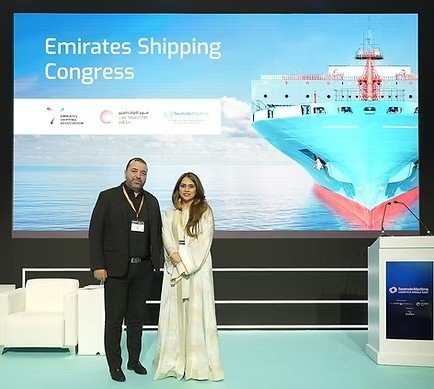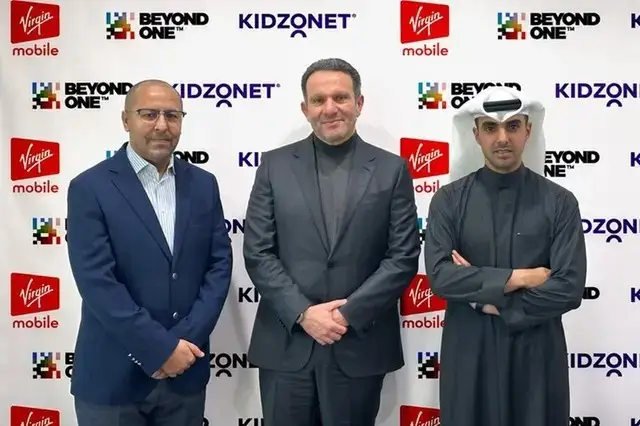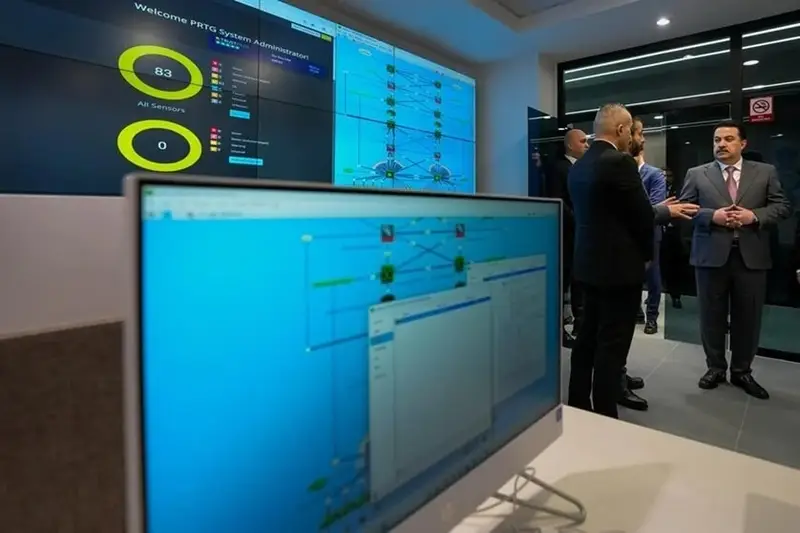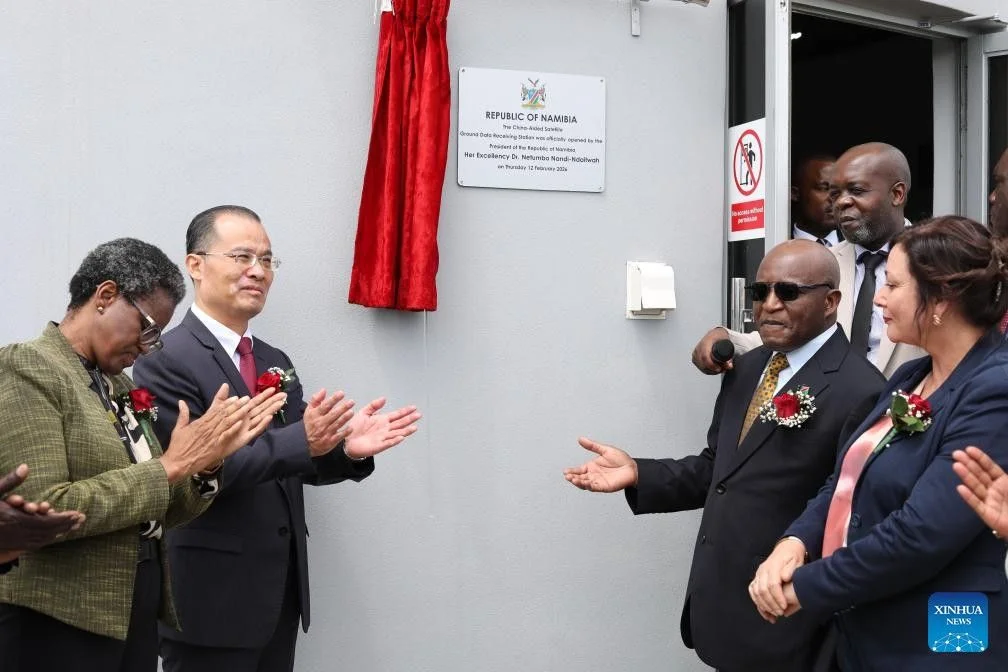IEC Telecom took center stage in driving maritime digitalization at the Emirates Shipping Congress, held on the opening day of UAE Maritime Week. As a leading provider of satellite communication solutions, IEC Telecom co-curated a session with the Emirates Shipping Association to spotlight the latest advancements in marine communications.
The UAE’s 2030 vision for digital transformation in the maritime industry includes the integration of IoT, big data analytics, AI, and real-time fleet management, with satellite telecommunication serving as the backbone. As the maritime sector continues to evolve, the management of onboard network assets has become increasingly crucial.
“Connectivity is no longer a luxury but a fundamental utility, driving a new era of maritime innovation,” said Nabil Ben Soussia, Group Chief Commercial Officer at IEC Telecom, during the “Navigating the Digital Seas: Maritime Transformation Powered by Satcom” panel discussion.
The advent of high-speed Low Earth Orbit (LEO) technology, led by Starlink, has made cutting-edge digital technologies more accessible on vessels. According to the 2024 progress report, 75,000 vessels were connected to the Starlink network last year, with that number continuing to grow. However, maritime connectivity remains complex, influenced by service availability, weather conditions, and local regulations.
“No single vessel operates on just one network, especially in the GCC. Typically, vessels use LEO for international routes, regional GEO operators for internal waters, and GSM near the shore. Each network has distinct protocols and bandwidth requirements,” explained Ben Soussia.
Given the complexities of modern marine communications, network management is critical for operational efficiency and agility. IEC Telecom’s OptiView platform provides advanced network management, enabling fleet operators to maximize the user experience across various networks. The platform also helps fleet managers optimize resource usage by activating or deactivating lines and reallocating airtime as needed.
“We may not be able to teleport crew or cargo, but we can optimize digital infrastructure to stay agile and efficient,” Ben Soussia said. He emphasized how evolving network engineering trends are designed to boost operational efficiency and cost optimization in the maritime sector, which has faced significant challenges since 2019. These challenges include geopolitical shifts, fluctuating demand, rerouted shipping lanes, and pandemic-related port closures. In such a dynamic landscape, agility and cost-efficiency are key for vessel operators to remain competitive.
IEC Telecom’s latest version of OptiView was unveiled at Singapore Maritime Week last month. Ben Soussia announced that the service is now available globally, with GCC customers being the first to transition to the new platform.
The Emirates Shipping Congress, which plays a key role in supporting innovation, digital resilience, and member education, serves as a vital forum for discussing emerging technologies and promoting real-world collaboration. Huma Qureshi, General Manager of the Emirates Shipping Association, emphasized the importance of understanding the operational implications of maritime digitalization for the new generation of digitally fluent seafarers. She thanked IEC Telecom for its valuable insights and collaboration in helping the industry navigate digital transformation.
The Emirates Shipping Congress is a cornerstone event in the UAE Maritime Week, providing a crucial platform for addressing regional priorities and global trends. Experts like IEC Telecom help maritime stakeholders navigate the complexities of digital transformation, marking a significant step toward a smarter, more sustainable future for the sector.
The UAE Maritime Week features a comprehensive calendar of events in Dubai through May 9.















